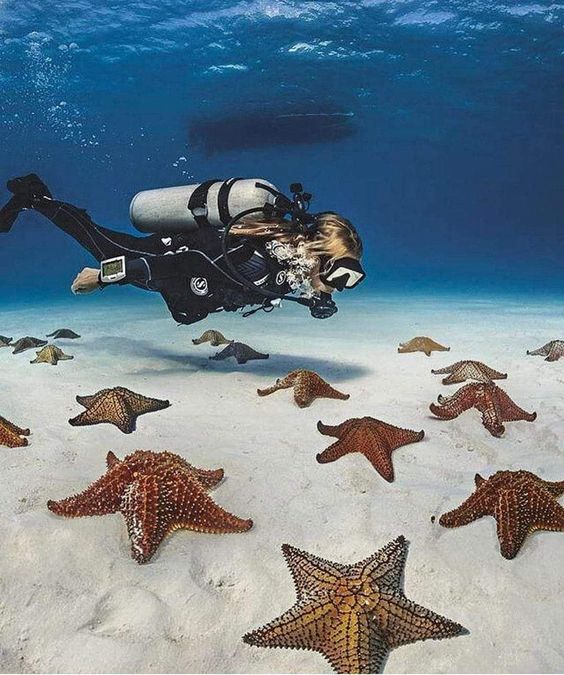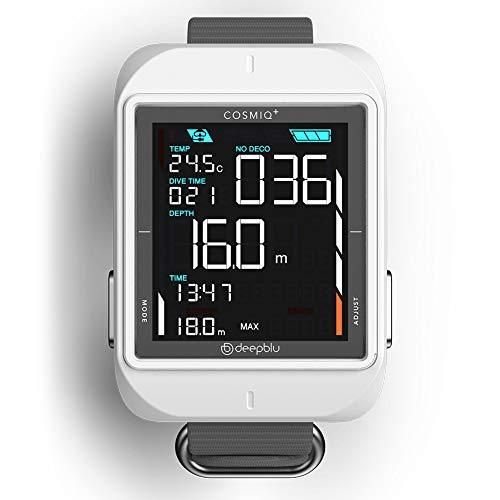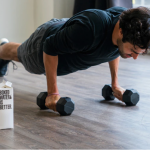In an increasingly noisy culture, scuba diving provides a rare opportunity to detach and immerse yourself in a world with no distractions other than the beauty of the underwater flora and wildlife around you. However, because humans can not breathe underwater naturally, diving entails an element of danger that may be readily minimized by adopting the required safety procedures. During your PADI Open Water Diver (or comparable entry-level course), you will master all of the fundamental skills needed to dive safely.
Here are a few things every diver should remember when getting ready to dive:
Prepare For Your Dive
This is one of the first mantras that a beginning scuba diver’s instructor instills in them, and it remains true no matter how many dives they have under their belt. Before each dive, you and your companion should agree on the main aspects of your dive: where you are going, the maximum depth, the maximum bottom duration, and the air level at which you will either return to your entry site or begin your ascent. Always prepare for a safety stop and ascend with adequate air not just for yourself, but also for your companion in the event of an emergency out-of-air situation.
Once you have made a plan, adhere to it, and remember to notify someone where you are going and when you intend to return. It is also a good idea to look up the location of your local emergency department and/or hyperbaric chamber.
Never Push Yourself Past Your Limits
This rule can be interpreted in two ways, both of which are as significant. The first is that you should not surpass the physiological constraints associated with breathing compressed air at depth; that is, you should not exceed your maximum bottom time and should never purposefully enter decompression (deco). You should also stick to your certification limits: if you are only certified to dive to 60 feet/18 meters, do not go any further. Night diving, diving in the above settings, nitrox, or mixed air diving all require specialist credentials for a reason: they may be catastrophically dangerous if you are not sufficiently prepared.
Also, avoid pushing yourself too far mentally. Take the time to figure out why you are feeling especially worried or overwhelmed before a dive and address your worries. If you continue to feel uneasy, postpone the dive or switch to a less difficult site. Remember to check your blood pressure before you proceed. Diving is supposed to be enjoyable.
Prioritize Gear Inspections And Maintenance.
When you are underwater, your scuba equipment is your lifeline. Check that you have all of the necessary equipment and that it is in excellent functioning order. Before entering the water, check in with your buddy. If you are renting equipment, thoroughly inspect the quality of your buoyancy compensator device (BCD) and regulators, and get familiar with the position of safety features like dump valves and integrated weight releases. Check if you have enough oxygen supply in your cylinder for you and your partner, while at it also check with the manufacturers if it was passed through oxygen concentrator sieve bed materials. This is to assess for quality production of the oxygen. Bring spares (mask straps, o-rings) and back-ups for specialty dives with you on every dive (e.g. a spare torch when night diving, or a spare surface marker buoy when drift diving).
Make maintenance a holy observance if you own your equipment. Whether you’re diving on the beach or a boat, alone or with a professional guide, make sure you always have access to emergency oxygen and a first-aid kit.
Purchase A Personal Dive Computer
We have all heard that diving without a computer is feasible. You may plan your dive using a normal Recreational Dive Planner (RDP), and you can track your depth and time with a basic wristwatch and the depth gauge linked to your regulators. Investing in your dive computer, on the other hand, is one of the wisest decisions you can make for your underwater safety. Even the most basic versions will measure your depth and time and determine how long you have till deco. They will also warn you if you rise too rapidly and urge you to halt at 15 feet/5 meters. Having your computer allows you to dive without a professional dive guide; even if you never intend to do so, it is a useful backup in case you become separated from the group. Last but not least, Once you have purchased one, be sure you know how to use it.
Do Not Drink And Dive
Diving when intoxicated is, predictably, a poor idea. Some of the reasons are self-evident: drunkenness causes longer response times and poor cohesion, both of which are harmful in an underwater setting. Those who are under the influence are also less able to do numerous jobs at the same time (like clearing goggles while controlling buoyancy). Less obvious reasons to avoid drinking while diving include greater heat loss and the danger of hypothermia as a result of alcohol use, as well as the risk of dehydration, which increases your vulnerability to decompression sickness.
Conclusion
Finally, one of the most effective methods to be safe when diving is to simply keep diving. The more experience you have, the more you will understand how to respond in an emergency.













